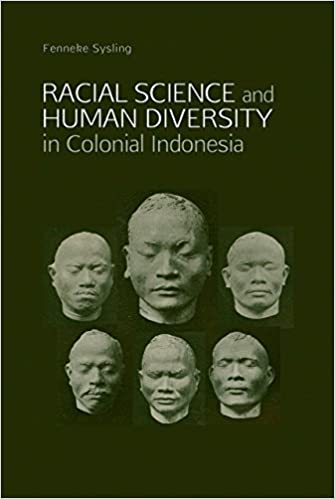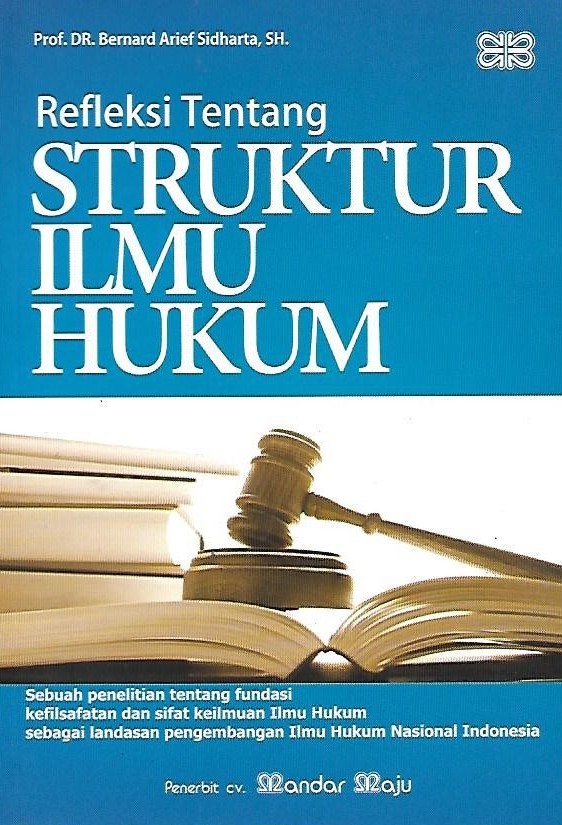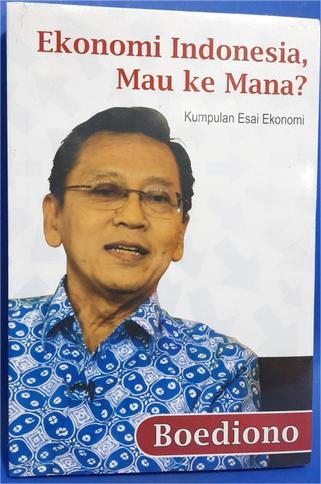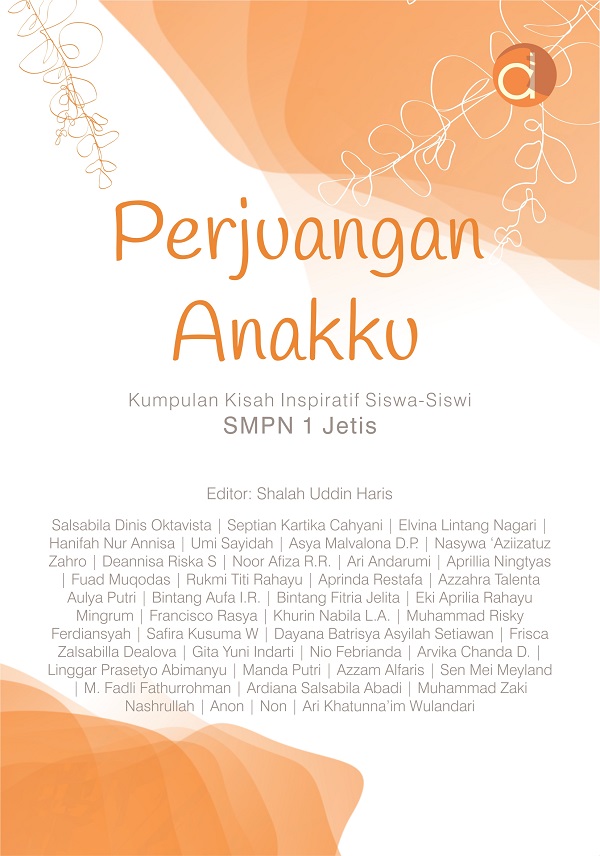





Racial science and human diversity in colonial Indonesia
Sysling, Fenneke (Pengarang)
Tersedia di:
Deskripsi
Indeks : halaman 297-305 ; Bibliografi : halaman 254-294 ; Indonesia is home to diverse peoples who differ from one another in terms of physical appearance as well as social and cultural practices. The way such matters are understood is partly rooted in ideas developed by racial scientists working in the Netherlands Indies beginning in the late nineteenth century, who tried to develop systematic ways to define and identify distinctive races. Their work helped spread the idea that race had a scientific basis in anthropometry and craniology, and was central to people’s identity, but their encounters in the archipelago also challenged their ideas about race. In this new monograph, Fenneke Sysling draws on published works and private papers to describe the way Dutch racial scientists tried to make sense of the human diversity in the Indonesian archipelago. The making of racial knowledge, it contends, cannot be explained solely in terms of internal European intellectual developments. It was ‘on the ground’ that ideas about race were made and unmade with a set of knowledge strategies that did not always combine well. Sysling describes how skulls were assembled through the colonial infrastructure, how measuring sessions were resisted, what role photography and plaster casting played in racial science and shows how these aspects of science in practice were entangled with the Dutch colonial Empire.
Ulasan
Buku Rekomendasi Lainnya

Ensiklopedi hukum Islam jilid 4 : MAK - PUT
Abdul Azis Dahlan ; Abdul Azis Dahlan

Kuhapus Namamu dengan namanya
AL-AZIZY, Taufiqurrahman

Aku ingin tau Sains 1 : kehidupan di hutan
AYATI, Nur

Himpunan peraturan perundang-undangan tentang otonomi daerah 2006
TIM REDAKSI FOKUSMEDIA

Ya Allah, Aku Cinta Ibu
Fitri Wijaya

Steal Away
Jenifer Armstrong

Refleksi tentang struktur ilmu hukum
Bernard Arief Sidharta

JakaTarub : Pencuri Selendang Bidadari
Winarni (Pengarang)

The smallest lights in the universe : a memoir
Seager, Sara (Pengarang)

Ekonomi Indonesia, mau ke mana? : kumpulan esai ekonomi
Boediono (Pengarang) ; Zaim Rofiqi (penyunting) ; Candra Gautama (penyunting)

30 menit menjadi jurnalis handal
Imam Suhirman (Pengarang) ; Isriani Hardini (penyunting)

Dia mawarku
Lalunakia (Pengarang) ; Nami (Penyunting)

Raja Ali Haji : (1809-1870)
Nussa (Pengarang) ; Tim Hikam (Penyunting) ; Tim Hikam (Pengarang)

Garis depan
Robert K. (Pengarang) ; Kartika Susilowati (Penyunting)


